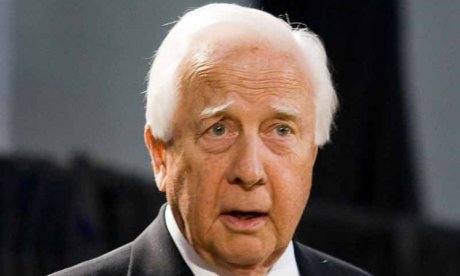Procrustes Stretched
This place is nothing without the membership.
- Thread starter
- #21
my notes: August 2, 1776 John Adams Declaration of Independence
conversation:
CONAN: And toward the end of his life, Adams is asked about what he considers the Christian vision of the afterlife, and he says, well, obviously this is unknowable, but if it's ever proved that it does not exist, he had a suggestion.
Mr. ELLIS: The suggestion was, if it can ever be shown conclusively that there is no hereafter, my advice to every man, woman and child on the planet is to take opium.

The context of that quote can be found.
On this day, the Declaration of Independence is officially signed | Constitution Center
August 2, 1776 is one of the most important but least celebrated days in American history, when 56 members of the Second Continental Congress started signing the Declaration of Independence in Philadelphia.
constitutioncenter.org
CONAN: And toward the end of his life, Adams is asked about what he considers the Christian vision of the afterlife, and he says, well, obviously this is unknowable, but if it's ever proved that it does not exist, he had a suggestion.
Mr. ELLIS: The suggestion was, if it can ever be shown conclusively that there is no hereafter, my advice to every man, woman and child on the planet is to take opium.

The context of that quote can be found.
